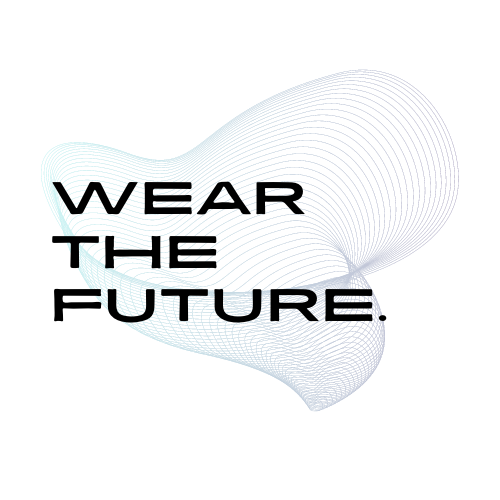Are CGI models a threat to the industry?
January 28, 2019
In the world of fashion, where old standards and regulations seem to be dying out, a new type of "perfect" model has broken into the scene. Only this time, it wasn't human bodies that fashion was interested in, but rather a new generation of CGI models. By Himanshi Lahoti - National Institute of Fashion Technology Delhi
The Rise of Digital Influencers
Shudu Gram brought on the culture of digital models — she's the first digital supermodel and was created by a photographer and 3D artist, Cameron-James Wilson. In the hopes of bringing empowerment and diversity to the fashion industry.
Wilson created a black beauty so perfect that it blurs the line between fiction and reality.
Not to mention the fact, her breathtaking beauty has already earned her a number of endorsements and collaborations, from being featured by Fenty Beauty and other high-end fashion brands.
After the popularity of Shudu, he also created the avatars like Nfor, Margot and Zhi.
There’s of course, Miquela Sausa aka @lilmiquela, the most popular of her kind.
Noonoouri is another influencer, different for not trying to look like an actual human, and who has caught the attention of big fashion and beauty brands such as Dior and KKW. One thing you might be surprised to know that there’s already a modeling agency purely for digital models: The Diigitals.
Sadly, with the coming of Digital models brands are more likely saving a lot of money by replacing actual models with CGI ones and it looks like the numbers might decline further—and that’s the harsh reality.
Are CGI Insta-models the new wave of beauty influencing?
I feel, these days’ human models are airbrushed and therefore fallible — whether through their actions or anything else whereas these CGI women are absolutely without flaw. It seems alarming that young women see this and think that this is how they need to be to gain followers or be loved or successful is grieving. These digital influencers highlights how technology is estranging us from reality.
People are predicting that these technologies will ultimately disrupt the fashion and beauty industry, but disruption is not always a bad thing. Right? The future, after all, is AI (Artificial Intelligence).
Designers and brands wanting to work with CGI models show that they're capable of adapting to the future, and are ahead of their competitors. It’s safe to say— what human models are capable of doing- Catwalks, expressions etc., CGI models will only be limited in the digitalized world.
Either way, I’m not entirely sure exactly how I feel about these virtual models and influencers.
There is so much to be said on either side thus the conversation is only just a beginning. While I appreciate the art here, I also understand its fallibility and the controversial part it plays in diversity, representation and perpetuating existing standards of beauty that we could all do without.
